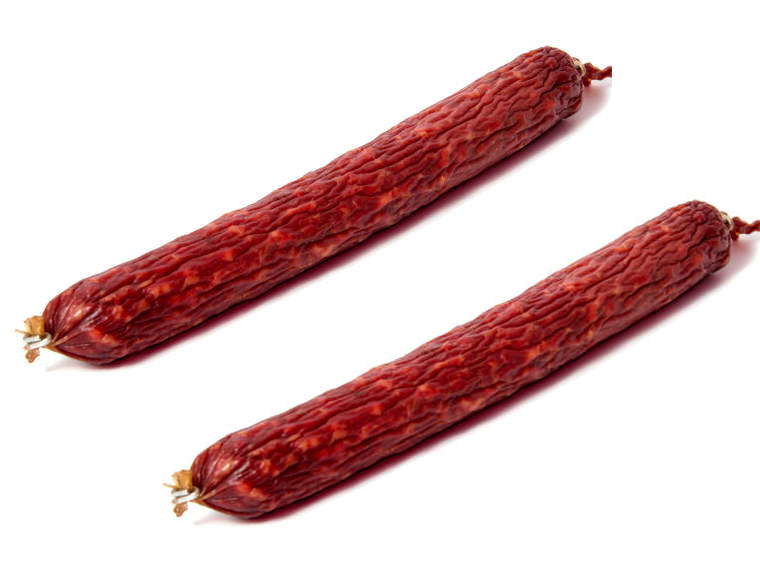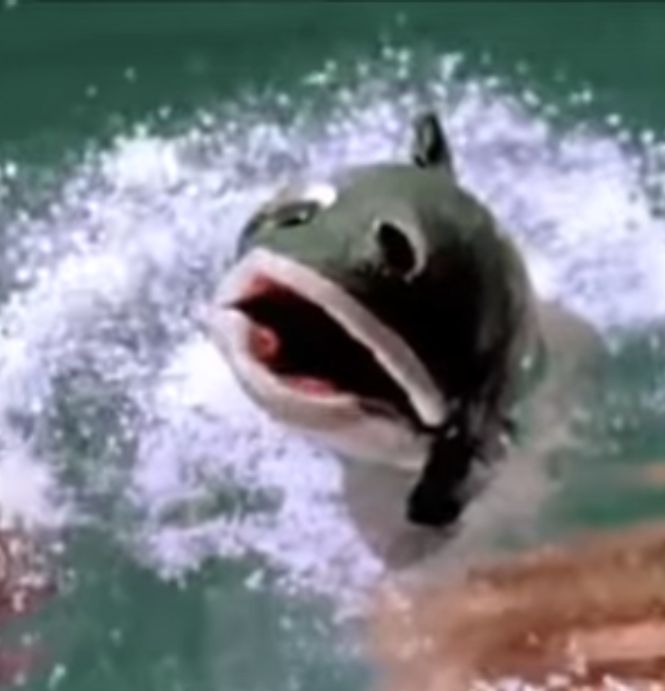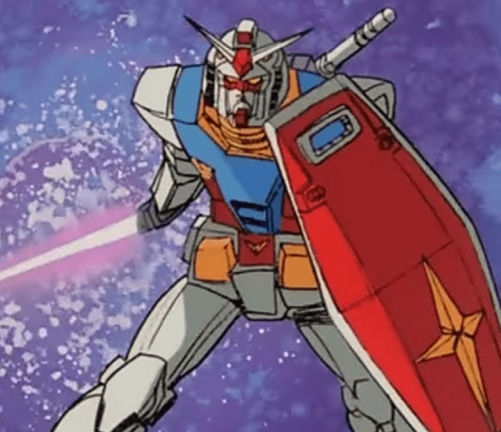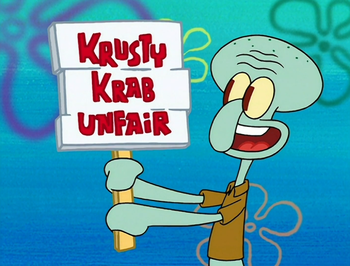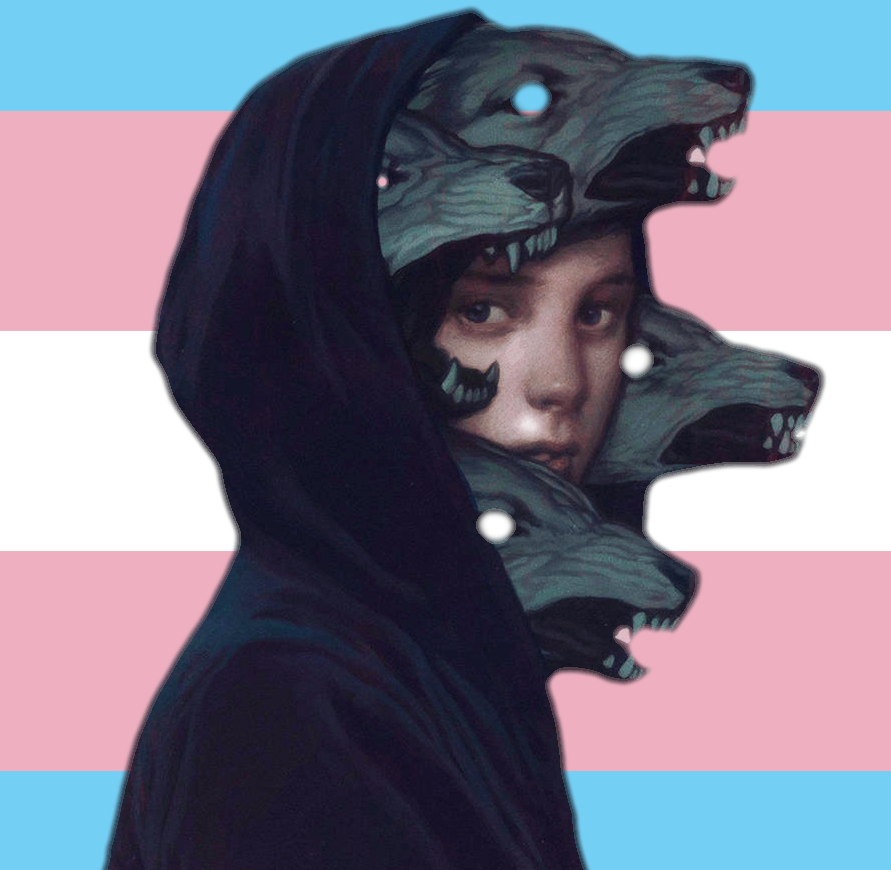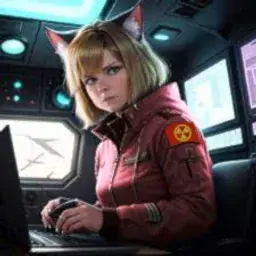Seems good on the face of it. Pretty much what I was suggesting here in the struggle sessions that kept popping up for this topic.
Tweet contents:
AI COPYRIGHT PROTECTION FOR JAPANESE ARTISTS: Japan's Agency for Cultural Affairs and the Cabinet Office released a statement, "About the Relationship between AI and Copyright" showing they are moving toward rules and regulations against commercial AI use with CRIMINAL PENALTIES, and protecting existing copyright and intellectual property rights for the works of artists and creators.
- Japan's AI Stance In Two Phases: The statement says the life cycle of AI use will be broken down into two stages:
---Phase 1: the "AI development/learning stage": The Japanese government agency states that the use of copyrighted materials for purposes other than enjoyment, such as research and education, is "principally possible to use without copyright permission". However, this does not apply to cases that exceed the "recognized necessary limit" or "unfairly harm the interests of the copyright holder".
IN OTHER WORDS, The AI can be used for Learning & Research, But NOT for INFRINGEMENT. Therefore, copyrighted works can be used for non-commercial purposes such as education and research without requiring copyright permission. However, this freedom has its limits, especially when commercial interests threaten the rights of the copyright holder.
---Phase 2: the "AI generation/use stage": This means that if AI-generated images or other outputs are uploaded, published, or sold as reproductions, and these actions are not covered by exceptions in copyright law (such as private viewing or acts), they could be considered copyright infringements. If these AI-generated works are found to be significantly similar or dependent on existing copyrighted works, the copyright holder has the right to take LEGAL ACTION. This could involve claiming damages or seeking an injunction to stop further infringement. In some cases, these infringements could even lead to CRIMINAL PENALTIES.
IN OTHER WORDS, it's not that any commercial use of copyrighted materials in the "AI generation/use stage" will be penalized, but rather that copyright infringement in this stage is treated the same as regular copyright infringement, with potential PENALTIES if the AI-generated works are too similar to the copyrighted works.
Strict Penalties for Copyright Infringement:If AI-generated works are almost identical (derivative) or CLEARLY dependent on existing copyrighted works to produce a 'new' work, the copyright holder has the right to claim damages or an injunction for copyright infringement. This could potentially lead to CRIMINAL penalties, a clear warning to those who might exploit AI for copyright infringement.
Japan's Future Plans for AI Regulation: Japan's Agency for Cultural Affairs plans to raise awareness about these issues through seminars and other means. They will work with legal experts and scholars to address the challenges related to the development and use of AI, indicating a proactive approach towards regulating commercial AI and PROTECTING copyrighted works for japanese artists and creators.
IS THIS A GAME-CHANGER FOR JAPANESE ARTISTS?: The document does suggest that Japan now has a commitment to PROTECT and SHIELD copyrighted creative work, data, and materials against commercial uses of AI. This could have far-reaching implications for AI developers and users who want to commercialize STOLEN ART and creative works FOR PROFIT, as well as copyright holders in Japan. In my opinion, THIS move marks a potential turning point in the fight against copyright infringement by AI.
Although, I am not in japan, I have researched this Agency for Cultural Affairs in Japan, and it is a special body set up within the Ministry of Education, Culture, Sports, Science and Technology (MEXT). It oversees cultural, artistic, and heritage activities in Japan, including the administration of cultural properties protection and copyright systems. So this is big for Japanese artists and creators. I started my artistic journey because I was INSPIRED by Japanese art and creation... so I hope this all moves in the direction to protect japanese artists and creators as this document is suggesting.
this will definitely protect small artists, who have big teams of lawyers just like megacorps do
The big concern here is how to actually prove if art is AI generated or not. There are obvious hallmarks (unnatural hands/fingers, samey looking faces) but there are workarounds for those, and it's all just very vibes based unless someone admits they used AI.
Shouldn't artists be able to use AI in their work if they wanted? Pretty sure Photoshop tools already have AI in them
IMO yes and it's not all that different from other technological advancements, but there's already been too much ink spilled on that subject around these parts so I'll just :manhattan:
There's nothing prohibiting the use of licensed data for training a generative model here. Only commercial use of outputs from models trained with data you do not own the "intellectual property" rights for is prohibited. I think Adobe licensed/"owned the rights to" everything that's been used to train the models utilized by features of the software they publish. Legally speaking those outputs are fine in Japan, just like a firm in Japan training a generative model using things they've licensed.
The solution is probably just more machine learning. I'm sure you could train a piece of software to recognize patterns that are imperceptible to the human eye. Some business is going to make a lot of money selling slightly modified versions of the same program every year to keep ahead of the newest plagiarism detection techniques.
Trusting software to attach criminal penalties to defendants.
Have you ever had your paper called plagiarized by software wrongly? Imagine if you get imprisoned for that now.
:copium:
Eh, the real question is: would it lead to more innocent people going to jail than they currently do, or less.
Unfortunately with the justice system the way it is (cops being incentivized to MAKE the arrest (to heck with the actual perpetrators), along with defendants being incentivized to accept plea deals), perhaps allowing AI to 'do its thing' may lead to less innocent people seeing jail time (and a portion of pig force being fired because they're less necessary).
EDIT: Though I do want to say I can imagine the horrors of trusting a system that openly lies with people's lives and futures.
I'm not moralizing here, I'm just saying that this is what's going to happen.
And I'm just commenting on that prediction. I didn't write an argument aimed at you.
Absolutely deranged shit. Criminal penalties for what’s essentially a collage at worst.
Stop licking the boot of the state by cheering this insanity on
There will never be anything approaching salvation through copyrights and "intellectual property" cartels. The ultimate wish of the ruling class is to automate their technological supremacy, and to automate away their dependence upon labor - especially whichever labor represents most of their costs. The middling layers of owners are similar, just on their smaller scale. I don't see how this protects many jobs from being automated away. It's a roadblock in one country to replacing some jobs, because I can't just start generating imagery using other firms' IP and selling it in Japan. As this technology progresses, a firm which today/recently employed 200 artists to draw things can use a model trained with open/royalty free tagged imagery, use the works they own the "rights" to, and generate much more output with fewer artists cleaning up the output for lower wages.
I don't expect it to happen overnight, but I also don't expect it to take decades to displace most "skilled" labor either.
It seems unclear to me if this statement is reflective of any meaningful changes, or just reiterating normal copyright protections.
Before comparing with their stupid and also exaggerated anti-piracy law, this is for commercial use, it is not a complete ban like piracy which doesn't discriminate between consumption vs reproduction for profit for example.
I think in the context of the self publishing scene government regulation is good. and Japan is one of the few places where you can make a living as an a self published artist/illustrator and there are thousands, perhaps millions directly and indirectly involved in the scene.
Second point there is the obvious problem of the training set, if you look at many of those AI anime art examples you can clearly see some very distinct "base" style very often, its actually quite bad when you notice it. There is a real threat here because people are already flooding pixiv and other sites with AI images to the point where its hurting real artist visibility.
They really need to do something about those anime bots since it was all trained without consent and it is really fucking obvious when an art style was copied.
I still don't know how exactly they're planning to spot and differentiate AI work but overall I think its better to act now than later. It would be fucking stupid for them to let Comiket get hundreds or even thousands of AI booths/products before doing anything.
Eh, I kind of understand what they're about (I haven't read the entire post, that is way too many words for my way too distracted mind right now) because things like anime and manga (there's probably way more being protected here and I may be thinking small) are major cultural exports for Japan (also financial). If a studio wanted to put in the effort to skip over the hard work (and unfortunately low salaries) to 'steal' the effort of another studio to start publishing their own stuff, this could probably have a terrible effect on the industry. Why should a studio viciously mistreat their employees into making a halfway decent anime when they can simply hire less people to simply 'doctor' existing anime into a new anime? Even as artists, they could simply correct flaws in the AI made animation and that would lead to far less work than drawing everything up from scratch; chances are some of the worst issues would be the hands (the most famous one), some linework and....probably not much else, especially as AI continues to improve over the years.
Or maybe I'm thinking way too small cause I'm way too distracted at the moment.
The part about not being allowed to sell the works though....as far as I'm aware, fan made 'doujinshis' (I don't know what this term means, but I've seen it refer to fanfic manga) can be legally sold, so this is kind of weird, but big picture (what I said above), I can see the benefit of making it illegal to sell it.





